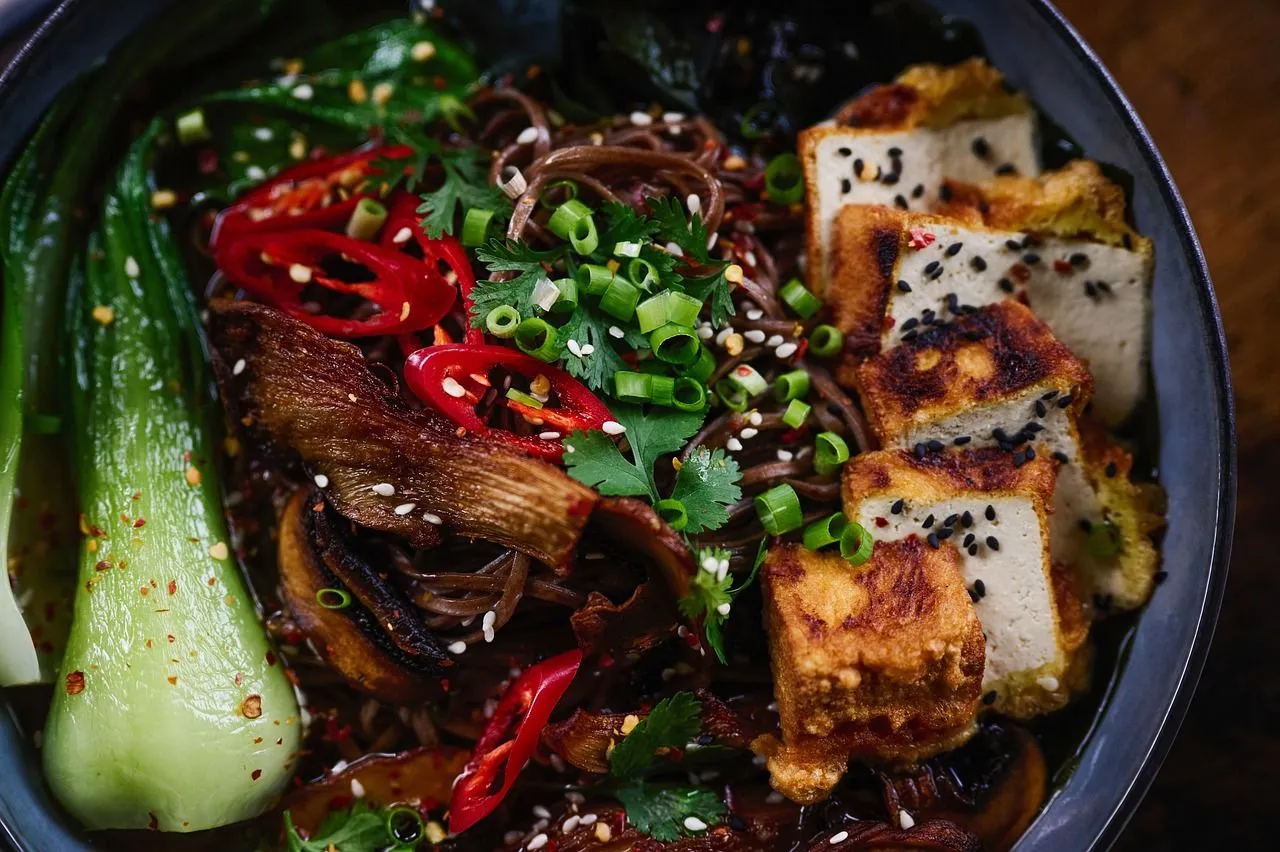This food could boost children's cognitive abilities
Published by Cédric,
Article Author: Cédric DEPOND
Source: EurekAlert
Other Languages: FR, DE, ES, PT
Article Author: Cédric DEPOND
Source: EurekAlert
Other Languages: FR, DE, ES, PT
Follow us on Google News (click on ☆)

Illustration Image Pixabay
Isoflavones are natural compounds found in various plants, particularly soybeans and their derivatives. While previous research in adults suggested that soy isoflavones might improve memory, the benefits for children had not been well-studied until now.
Ajla Bristina, a doctoral student in neuroscience at the University of Illinois at Urbana-Champaign, stated: "Soy-based foods are often not included in children's diets in the United States. Our study adds evidence to the importance of the nutrients found in these foods for children's cognition." Bristina presented these findings at the NUTRITION 2024 conference, the annual meeting of the American Society for Nutrition, held from June 29 to July 2 in Chicago.
To explore the potential benefits of soy isoflavones, researchers analyzed existing data from a cross-sectional study involving 128 children aged 7 to 13. They used 7-day food records to calculate each child's average dietary intake, including amounts of macronutrients, micronutrients, vitamins, and isoflavones consumed. Children's general intellectual abilities were assessed using paper-based tests appropriate for their school level. Attention abilities were measured with a computerized task, known as the flanker task, while electroencephalographic (EEG) activity recorded information processing speed and attention.
The analysis revealed that children generally consumed low amounts of soy-based foods. However, those who consumed more showed faster responses during attention tasks and quicker processing speeds. No association was found between isoflavone intake and general intellectual abilities.
Children in the study consumed an average of 1.33 mg of isoflavones per day, which, although relatively low, corresponds to previously reported values for the United States. To put this in perspective, a serving of 8 ounces (240 mL) of soy milk provides approximately 28 mg of isoflavones, a serving of tofu about 35 mg, and half a cup of steamed edamame about 18 mg.
Ajla Bristina recommends snacks like roasted edamame, soy nuts, or soy milk to incorporate more soy into the diet. Tofu, tempeh, or soy-based nuggets are also good options for meals.
Bristina emphasizes that "correlational studies like this are just the first step. To better understand the effects of consuming soy-based foods on children's cognitive abilities and the precise amount of isoflavones needed to achieve faster response times, intervention approaches will be required." To further this research, the team has recently begun a clinical trial examining the effects of soy-based foods on thinking abilities, sex hormones, and metabolic and gut health.